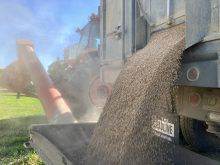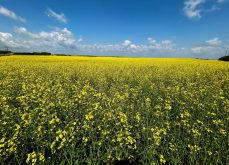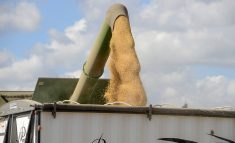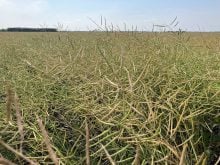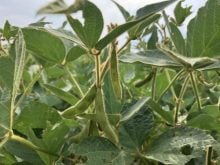Reuters – Argentina’s new export tax regime that leaves a higher levy on soybeans than processed soyoil and soymeal has some farmers complaining that they are subsidizing the country’s vast oilseed-crushing industry and say it won’t spur growers to sell more.
The South American grains powerhouse is a major exporter of soybeans and the world’s top supplier of soyoil and soymeal.
The government last week cut export tax rates on soy and its byproducts until the end of the year in a move to encourage more exports and raise much-needed dollars. With prices rising, farmers had been holding on to soy crops waiting for a better time to sell.
Read Also
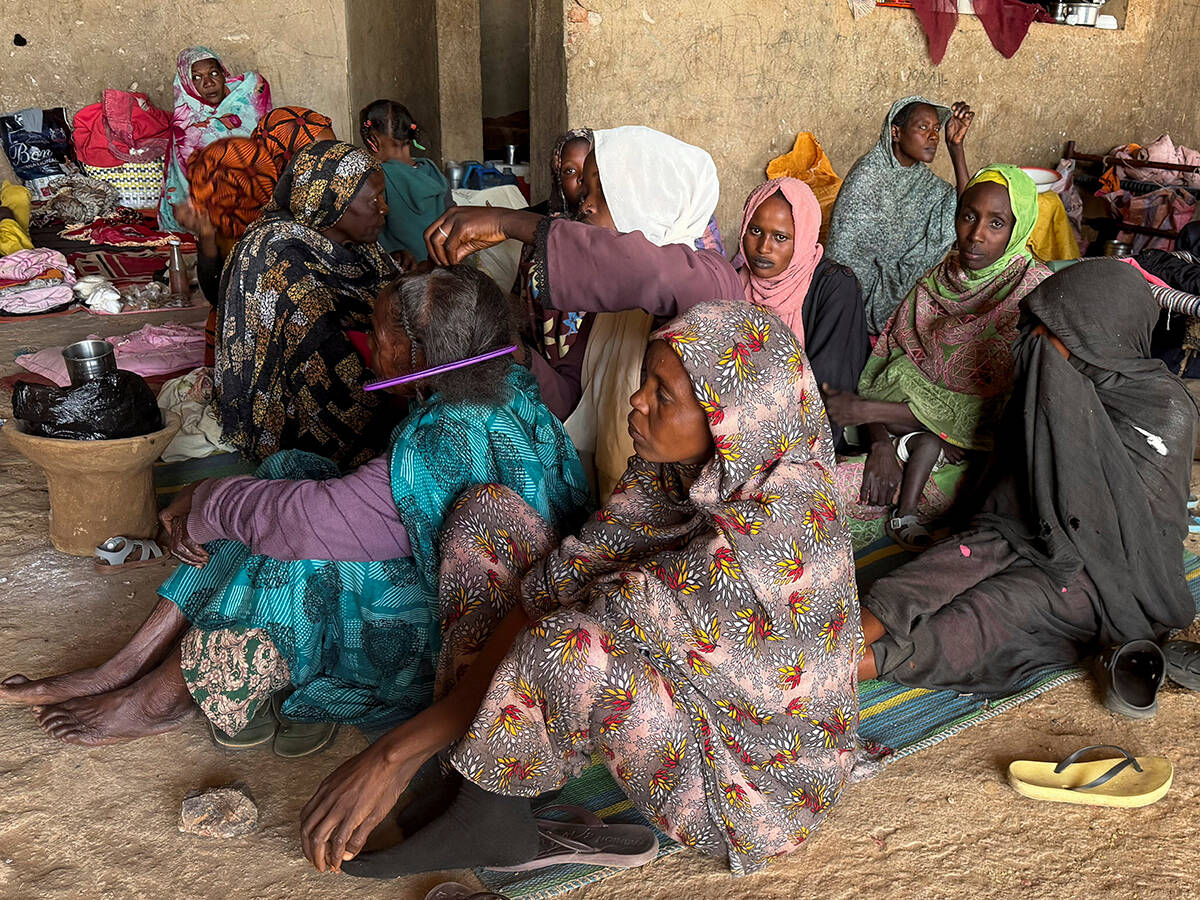
Global humanitarian aid slashed by one-third
Humanitarian aid around the world was cut by a third in 2025 and Canada is one of the culprits.
The rate cut was deeper for processed soyoil and meal than for soybeans, which had all previously been at 33 per cent. Tax rates dropped this month and will gradually rise again, though soymeal and oil will end up with a two-point cut and raw soybeans none.
The aim: get farmers to empty their bins of beans, pumping up exports and replenishing central bank reserves of foreign currency that have dipped to critical levels amid a biting recession exacerbated by the COVID-19 pandemic.
Farmers, however, are less than convinced. A major farm organization has already said the cuts are insufficient.
“We will continue to hold on to crops and sell only when we need cash,” said Eduardo Bell, a farmer in the breadbasket province of Buenos Aires.
Luis Miguel Etchevehere, former head of the Argentine Rural Society growers’ group and farm minister under conservative former president Mauricio Macri, said the tax differential was akin to a “subsidy” for the crushing sector over farmers.
“It is not fair that one part of the production chain be forced to give up its competitiveness for the sake of another part of the same chain,” he told Reuters.




